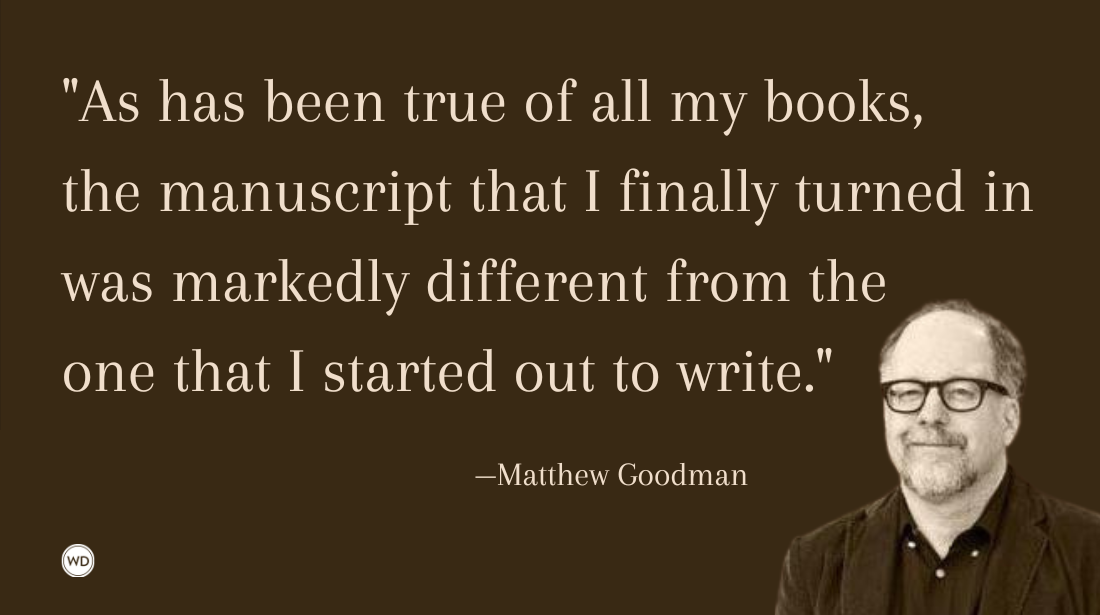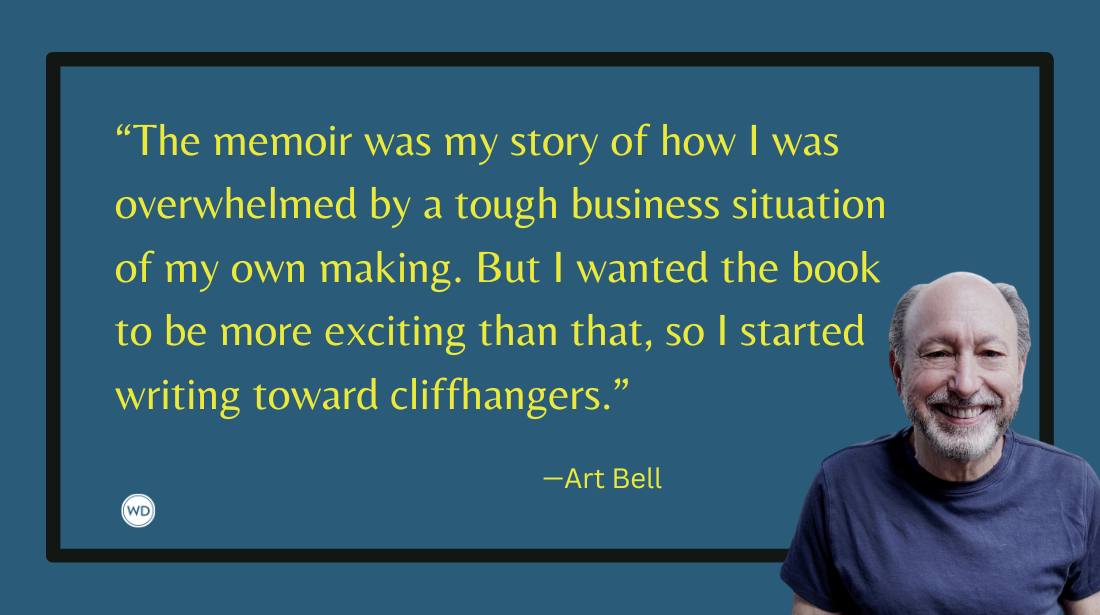5 Rules of Ethical Journalism
Alison Hill shares five rules of ethical journalism and shines a light on why more and more people may be growing weary of journalism and journalists.
“Ethical journalism strives to ensure the free exchange of information that is accurate, fair and thorough. An ethical journalist acts with integrity.”
—The Society of Professional Journalists (SPJ) Code of Ethics.
Journalism is a public service, providing vital information affecting our everyday lives, communities, and societies. From covering government policies to business dealings, the acts of seeking, gathering, and disseminating information must be disciplined and accurate, and the facts presented in a clear, neutral manner, devoid of opinion and emotion.
Without attending every council meeting, court case, and congressional session, ordinary people cannot possibly be aware of everything going on in the world. So, we entrust trained journalists with this duty and responsibility.
But there are glaring problems within our current news media. Sensationalism, partisan bias, excessive opinion, and possible conflict of interests cannot go unmentioned in a piece about ethics. A 2022 Pew Research Center survey shows journalists and the American public “stand far apart” on how well they think news outlets do in many of “their core functions,” with just 29% of Americans agreeing that journalists serve “as a watchdog over elected leaders,” and only 35% thinking news organizations accurately report the news.
Hundreds of newspapers, magazines, and newsrooms have closed their doors for good, and there is an overwhelming feeling that mainstream journalism is astoundingly out of touch with ordinary Americans. This may be due in part to the concentration of journalists in a handful of big cities. Renowned political correspondent Bob Schieffer noted in a 2017 Face the Nation interview, that one in five reporters live in New York, Los Angeles, and Washington D.C., up from one in eight back in 2004.
Truth does matter, and objectivity and impartiality should matter. We must then ask the question: Are journalists fulfilling their role as watchdogs of public affairs, the government, and institutions? And is the news industry adhering to the following ethics? You decide.
1. Truth and Accuracy
Journalists can influence public perception and therefore it’s imperative they practice ethical journalism, by ensuring information is true and accurate, and the coverage of a story is fair.
Research must be thorough, and facts verified before publication or broadcast. Whenever possible, original sources (whether people or records) should be used, as this adds credibility, strengthening whatever angle the journalist has chosen to pursue.
Journalists give voice to the voiceless and should hold those in power accountable by asking the tough questions.
Journalists, or the outlet they represent, must take full responsibility for their work, and always acknowledge any mistake in reporting and promptly correct it.
2. Transparency
When possible, sources should be identified, as this builds credibility and trust. There’s nothing worse than reading an article which states, “a source close to the politician claims…” or “according to officials…” We’ve been seeing more and more of this practice in recent years, and readers will naturally question the veracity of such claims, wondering about the actual identity of these mysterious sources.
Attribution is important if you want people to take you seriously as a journalist and media outlet. And speaking of sources, journalists should always use reliable information and interviewees, especially if it involves a serious issue, influential people, and/or a big story.
3. Integrity
A journalist’s conduct can make or break a story, affecting people’s lives, either negatively or positively. And as emphasized in the SPJ Code of Ethics journalists must be cognizant of how any reported piece will affect those involved, and balance this with the need of the public to know.
Journalists should always treat sources with dignity and respect and never make promises they cannot keep.
Compassion, patience, and understanding are traits all journalists must possess, especially when dealing with vulnerable populations, juveniles, and victims of crime and abuse.
Of course, when covering crime and sensitive issues, some people involved need to remain anonymous for their own protection, including minors and victims of sexual assault.
4. Independence
Traditional media is facing a huge credibility crisis as we’ve mentioned, and another contributing factor is lack of independence and diversity of ownership—the major news networks are, after all, owned by just a few corporations. This brings up legitimate concerns over conflict of interest.
Ethically, media outlets should avoid favoring advertisers or allowing them to influence or dictate news coverage.
Individual journalists should avoid any conflict of interest, which includes steering clear of involvement in political activities, and never accepting fees or gifts.
Publications and broadcasters must distinguish news from advertising by clearly labeling any form of sponsored content.
5. Fairness and Balance
A reporter should always endeavor to cover both sides of a story. Often the balance may not be equal due to the nature of the issue, but the “other side” should at least be offered the opportunity to respond to any accusations or criticism. If a person or organization refuses an interview, then this can be stated in the article or segment.
And finally … keep opinions out of news journalism!
And here we come to the elephant in the room—political coverage (pun unintended!). Journalists are our “go-between”—there to ask questions on the public’s behalf, to hold the powerful accountable, to challenge and scrutinize public officials and politicians representing all political viewpoints. Without balance and fairness in political reporting, media outlets are little more than mouthpieces of government.
Selective coverage and favoring one political party over its rival go against ethical journalism unless it’s clearly an opinion piece or the words of a political commentator or pundit.
General political news stories should remain objective as much as possible and never skewed in favor of one party.
Each candidate should receive fair treatment and the press has a duty to pursue both positive and negative stories regardless of how journalists feel about the individuals involved.
All political candidates need to be thoroughly vetted, scrutinized, questioned, and criticized, as well as applauded if that’s clearly earned.
The public has a right to be fully informed and have access to unbiased reporting of the whole political spectrum.
“We’re not here to run the government, we’re not here to run politics, we’re here to report on the people who are involved in politics and government,” says Bob Schieffer, former CBS Chief Correspondent, Washington Bureau, and former host of Face the Nation. “We can’t have a democracy like we have unless citizens have access to independently gathered information that they can compare with the government’s version of events. And when they do that, we’ve done our job.”
Resources
· Click here for Bob Schieffer full interview on Face the Nation, 2017
Alison Hill is a freelance writer, journalist, and Emmy-nominated producer who writes for print and online publications. Since 2001, Alison has been a regular guest commentator on BBC radio news shows discussing US politics and current events. Before going solo, she was a PBS producer and director and also worked as an investigative journalist for a Welsh TV series. From hosting TV shows and creating online content to going undercover with a hidden camera, she’s done it all. Alison grew up in a tiny village in Wales and speaks fluent Welsh. She’s an avid hiker, who also loves camping, kayaking, and reading. She now lives in South Carolina with her husband, 8-year-old daughter, and two rescue cats.








